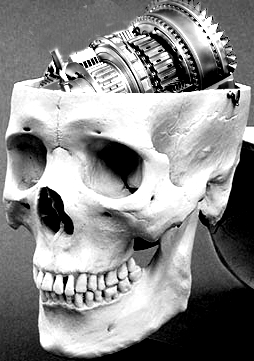Memory gives universal brain boost
 No matter the language or socio-economic class, a new study shows memory is the key to learning.
No matter the language or socio-economic class, a new study shows memory is the key to learning.
Previous research and observation have already shown that a good working memory is key reading and academic achievement, but the latest study shows that link could be universal.
It also suggests that children with learning difficulties might benefit from teaching methods that prevent working memory overload.
The study was conducted in Brazil on 106 children between 6 and 8 from a range of social backgrounds, with half living under the official poverty line.
It was interesting for researchers to be able to compare results from a highly-unequal, Portuguese-speaking society, with previous studies in English-speaking countries.
The study sought to identify the cognitive skills underpinning learning success.
Children were tested for IQ and so-called "executive functions", a set of cognitive processes that control our thoughts and actions, including how we remember information, modulate emotions, pay attention and shift between thoughts. The results were compared to attainment in reading, spelling, mathematics, language and science.
The results showed that a child's working memory skills - their ability to hold and work with information in mind - predicted success in all aspects of learning, regardless of IQ. Moreover, most children identified by their teachers as “poor readers” struggled with their working memory.
“Our findings suggest the importance of early screening and intervention, especially in the context of poverty. At present, poor working memory is rarely identified by teachers,” said project leader Dr. Pascale Engel de Abreu, Associate Professor at the University of Luxembourg.
“Poor literacy, low academic achievement and living in poverty create a mutually reinforcing cycle. There is a chance to break this by early identification of children with working memory problems and by helping them to acquire the mental tools which will enable them to learn,” she added.








 Print
Print